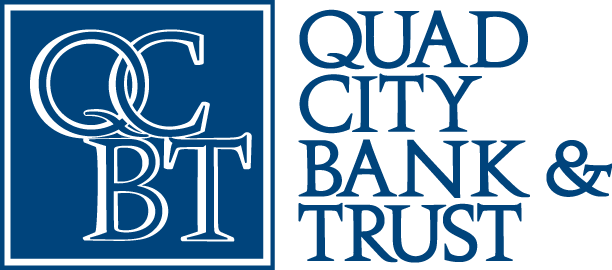Today, trusts have many uses.
Together with your tax and legal advisers, one of our trust and investment professionals will be glad to help you explore the many opportunities. Keep your own goals and circumstances in mind as you review these examples. You may come across an idea that's adaptable to your own needs. Trusts are the most versatile, adaptable means of managing personal and family assets that you can imagine.
Flexibility
A trust is an ideal way to draw upon our investment-management capabilities. You can be as involved with investment matters as you wish. Yet you're free to leave the decisions to us, along with all the investment record keeping and other details. If you plan to travel extensively, a simple, revocable trust could be the perfect answer to your investment needs. You can even arrange to have monthly bills and estimated taxes paid from your trust.
Security
As you know, money alone doesn't give you financial security, especially as you get older. You worry about losing everything if you're not alert enough or well informed enough. You worry about what would happen if you should be laid up with a serious illness, or if you should start forgetting where you put the dividend checks that came in the mail. With a properly designed trust, such worries can be put aside. As trustee, we may provide full personal financial management should the need arise, for as long as the need persists. Sometimes we assist elderly trust clients in arranging services to meet their day-to-day needs, such as home health care and home maintenance.
Estate Planning
Husbands and wives often rely on joint ownership as a probate-avoiding substitute for a will. But "joint tenancy with right of survivorship" can create estate tax issues and undesired division of property. It is important to evaluate the situation before utilizing joint tenancy.
Privacy
When someone dies and his or her will is admitted to probate, generally the terms of the will become a matter of public record. That's not the case when a person has placed assets in trust during his or her lifetime. Revocable living trusts have become an important estate-planning tool for those who wish to keep their plans private. Revocable refers to a trust that can be changed or terminated (revoked) by the person who created it. All the trust advantages we've mentioned so far can be achieved by placing assets in a flexible, fully revocable trust. Irrevocable trusts, by contrast, cannot be changed or cancelled. Once an irrevocable trust is created, the trust must run its course.
Charity
An often used vehicle for charitable giving is a charitable remainder trust. You, as the donor, may receive annuity payments for life from the assets you place in trust. Or you may reserve lifetime payments equal to a specified percentage of the trust's annual market value. At your death your trusts "remainder" goes to a charity or charities of your choice.
Donors who set up charitable remainder trusts generally benefit from one or both of these tax advantages: Deferral of capital gain tax if the trust is funded with appreciated securities, which the trustee is free to sell in order to reinvest in securities paying good income. The donor is entitled to treat part of the value of the assets placed in trust as an immediate charitable donation for income tax purposes as determined by IRS guidelines.
